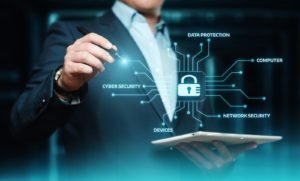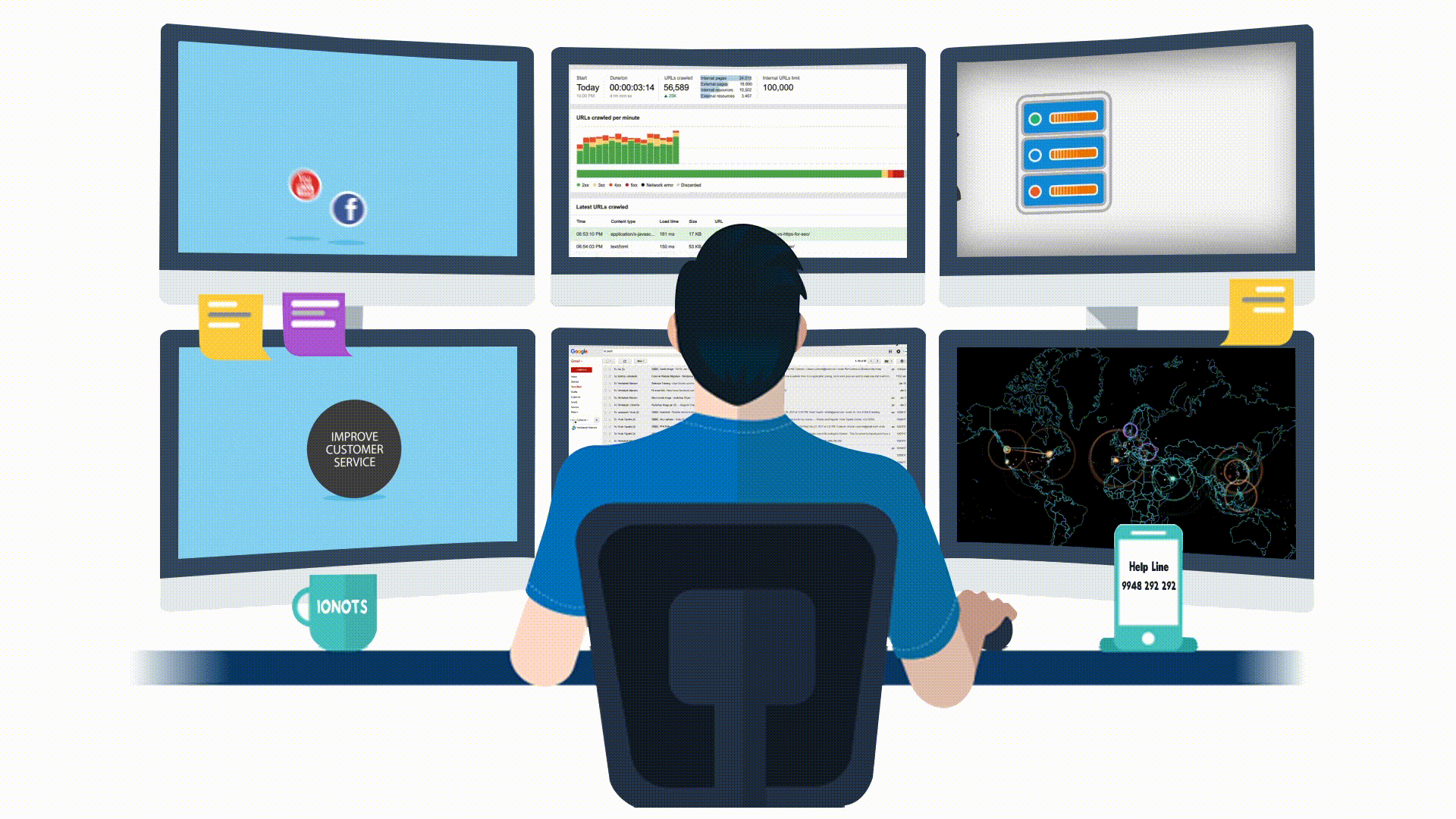With the increase in technological advancement, being up to date with all the trends in technology is important for businesses to stay in the fast-paced race of today’s market. Along with upgrading systems, businesses need to pay very careful attention to their cyberspace which means enhancing cybersecurity.
Cybersecurity is extremely important to protect vital information and assets belonging to a particular business. This would require company leaders and senior executives to strategize and protect the company from the now frequently happening data breaches as well as cyber-attacks.
 In order to drive more informed investing procedures and resourcing methods along with increased efficiency and resilience, it is looked on to senior company officials to make good strategic decisions and protect the company from any threats. When we say senior executives it includes C-suite officials as well as policy-makers.
In order to drive more informed investing procedures and resourcing methods along with increased efficiency and resilience, it is looked on to senior company officials to make good strategic decisions and protect the company from any threats. When we say senior executives it includes C-suite officials as well as policy-makers.
It is not a secret anymore but a well-known fact that in the digital frame that the world is functioning in today, cybersecurity should be among the top priorities for any and all businesses. However, a number of issues of both organizational as well as structural nature pose as obstacles for the establishment of cybersecurity models that are driven by business and that focus on risk management.
Hence, only a continued support shown by officials in the upper and top management positions of any organization would allow the decrease in cyber risks and increase in progress and growth.
What Would Incorporating Cybersecurity Mean for Senior Leaders?
In every organization or company, there are people at the top that are held accountable for making important decisions which would set the course and direction for the company to follow in. Their duties also involve holding ground on priorities, maintaining and influencing the company as well as preventing risks. They are thus basically responsible for the healthy functioning of the organization, company, business or establishment.
As mentioned above cybersecurity, in this fast-changing and fast-moving business environment, is the main concern for all organizations. Thus decisions taken regarding cybersecurity are left to the decision-makers of the company. Their duties now would include:
● Managing and decreasing cyber-related risks to the business while setting up effective methods of governance
● Making cybersecurity programs a priority and focusing on resourcing
● Managing and protecting vital information that holds the business together when it comes to planning
● Encouraging cybersecurity from within
This is all very important in order to promote organizational growth through the protection of digital assets and delicate data information. Executives at the top thus need to gain a better understanding of cybersecurity and this can be easily done through cybersecurity training which would help them understand what exactly can be a risk to their organization.
This understanding would in turn help in making rational decisions in a timely manner. It would also promote resourcefulness and strategic thinking.
A cybersecurity training course would thus also help further the artificial intelligence and machine learning career of aspirants by equipping them with all the necessary skills and information that they would need.


